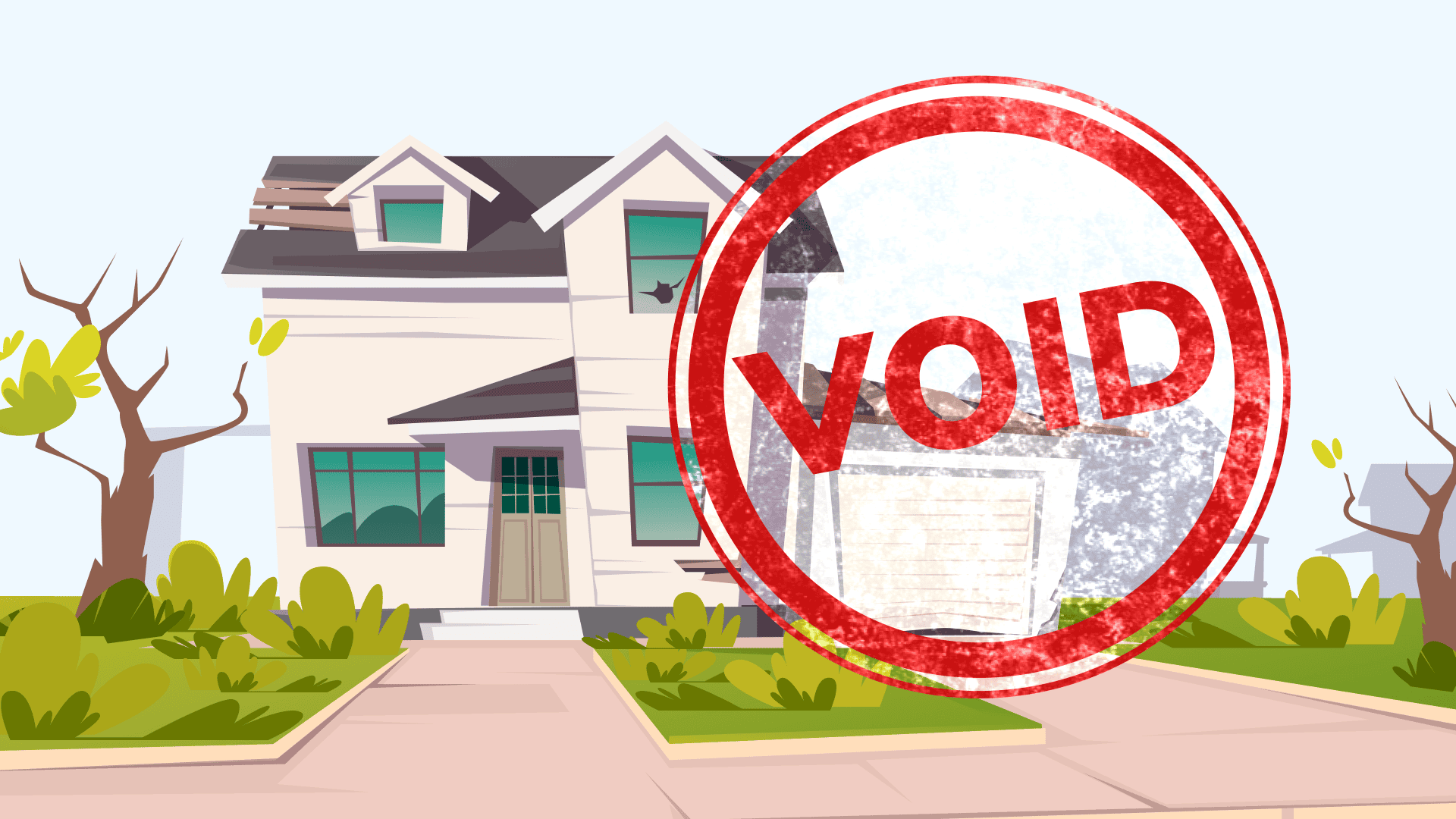Time to read : 3 Minutes
You hope you never need it, but if you do, it pays to be prepared when it comes to home insurance.
It can be a costly mistake to make a claim, only to have your application rejected because your policy was deemed invalid by your insurer. Here’s our guide to making sure your home insurance policy is in good shape.
Renew policy / take out a policy
It seems obvious, but is your policy up-to-date? It’s the simple things that often end in the biggest tragedies and forgetting to renew your home insurance policy is right up there.
Also, for peace of mind, don’t forget to insure a property as soon as you buy it.
Home maintenance
Don’t like cleaning gutters? Join the club. But if you make a claim and the assessors believe you haven’t maintained your home to a level where the damage could have been prevented, you may be in trouble.
So, clean out those gutters and downpipes, check for any broken roof tiles and chop away any overhanging branches.
Also on the insurers’ hit list is fixing any rising damp or mould, holes in the walls and damaged steps.
Check smoke alarms
Regularly check your smoke alarms to see they are working and replace the batteries.
It’s a good idea to replace the batteries annually at the same time of year. Perhaps at the start of daylight savings or at the end of the financial year – so you don’t lose track of when you did them last.
Upgrade locks
Check all your locks are working, even on windows, and if you’ve moved into a new property, it might be worth splurging on getting them replaced. A lot of people go through a house when it’s put on the market – agents, tradies, potential buyers – so apart from the insurance angle, it may be reassuring to replace all the locks.
Be aware: if you have been burgled and the insurance assessor finds evidence you have left your home unsecured, you may struggle to win your claim.
Report damage to police
If there has been damage done to your house from a break-in or you’ve been vandalised, and you want to make a claim on it, you must call the police as soon as possible.
Cleaning up a bit, or waiting until it’s more convenient won’t help your claim. Your insurance company is likely to expect a police report about the incident and probably won’t just take your word for it and will review with suspicion a claim made a few days after the incident.
Advise insurer if home is unoccupied
Going on a long holiday? Facing an extended period in hospital? You may need to tell your insurer either way. If you’re going to vacate your primary residence – for whatever reason – for an extended length of time, it's best you tell your insurance provider.
Each policy differs, but in general if your property is unoccupied for more than 60 days you may not be covered for home insurance.
Insurers view an unoccupied home as a dangerous home as there is no-one there to keep an eye on things. The level of risk for vandalism, theft and weather damage increases.
Imagine if an internal pipe burst while you’re thousands of kilometres away. How much damage could it cause in the time you’re away? Insurers have a point – if you were home, it could be sorted in an hour or so.
The good news is you can buy additional cover for any extended period of time away. Contact your insurers to discuss your options or include it in your next policy.
Having proof for claims
Some of your personal possessions are also your favourites, but just because you know your Chanel handbag exists, doesn’t mean your insurer is going to take your word for it.
Claims assessors need to see proof. Either list any valuable items separately on the policy or be prepared to have evidence you bought it:
receipts
pictures
bank statements
valuation certificates
certificates of authenticity
the box it came in.
These can all help back up your claim.
What else can you do?
If you’re not happy with your insurer’s decision about your claim you can lodge a complaint with the Australian Financial Complaints Authority (AFCA).
Be aware: the AFCA process can take time. If you’re concerned about ongoing damage while the complaint is being heard, you may need to seek legal advice first.
Bottom line
A home insurance policy sounds good in theory but you should do your part to make sure it doesn’t become void.
Always read the fine print and if you feel it’s time to check for a better or more cost-effective policy, it doesn't hurt to shop around.
Go deeper:
Financial disclaimer
The information contained on this web page is of general nature only and has been prepared without taking into consideration your objectives, needs and financial situation. You should check with a financial professional before making any decisions. Any opinions expressed within an article are those of the author and do not specifically reflect the views of Compare Club Australia Pty Ltd.
